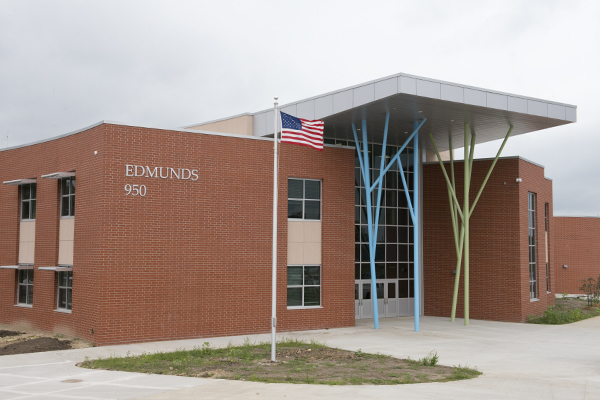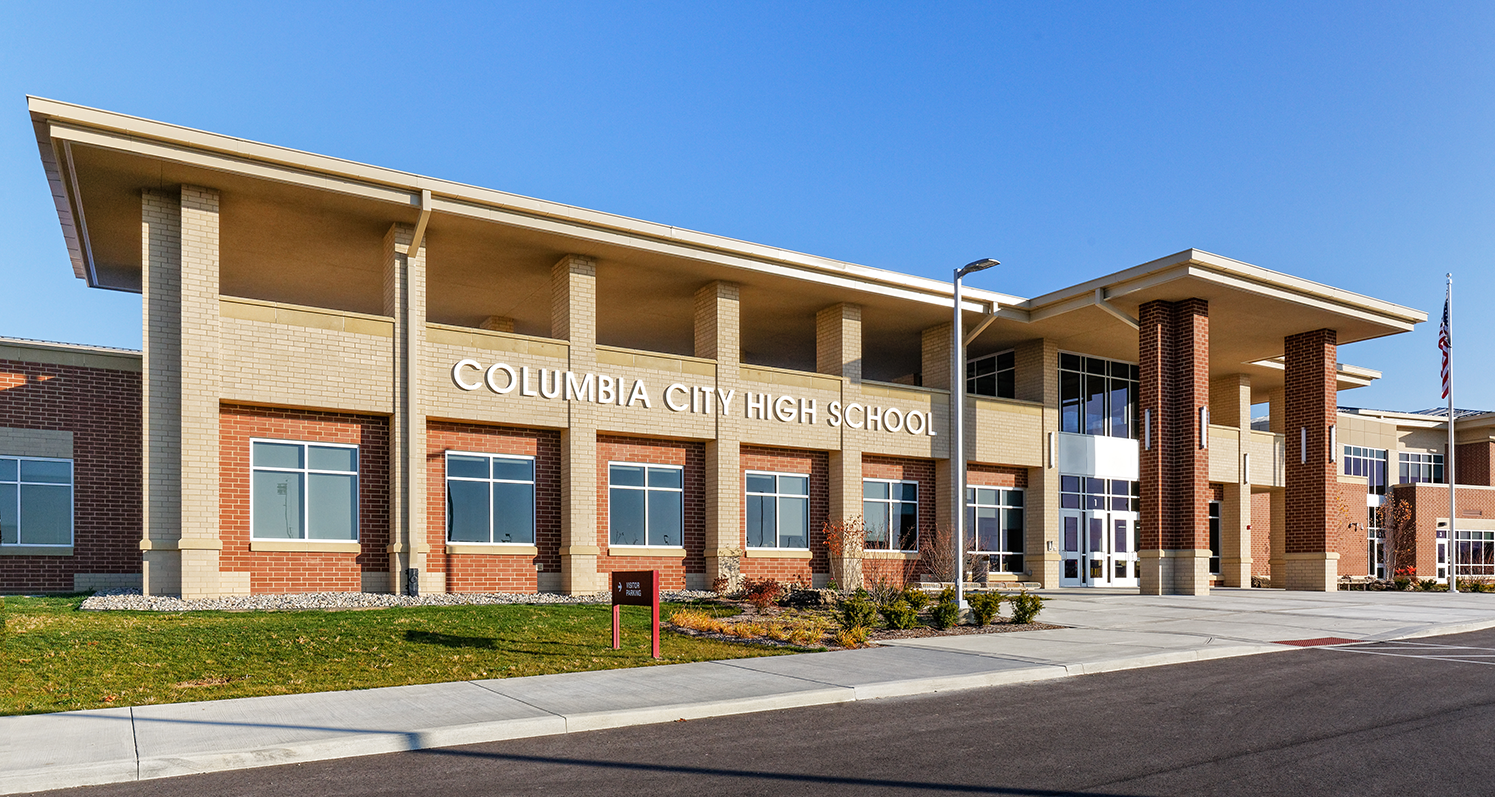Discover the Benefits of Advocacy: Save Temecula Schools
Discover the Benefits of Advocacy: Save Temecula Schools
Blog Article
Understanding the Relevance of Institutions in Child Advancement and Area Growth
Colleges' engagement with local communities via service-learning initiatives reinforces the bond in between family members and academic establishments. This cooperative connection underscores the value of institutions in nurturing energetic citizenship and lifelong understanding behaviors.
Academic Accomplishment
Academic success works as a keystone of kid advancement, giving the structure upon which future understanding and success are constructed. Schools play a crucial function in fostering this academic development, using organized atmospheres where youngsters can acquire crucial understanding and cognitive skills. Standard curricula ensure that trainees gain efficiency in core subjects such as mathematics, science, and language arts, which are crucial for both greater education and learning and specialist opportunities.
Along with passing on fundamental academic skills, schools additionally grow important thinking, analytic capacities, and intellectual inquisitiveness. These cognitive competencies are vital for browsing complex real-world situations and adapting to the ever-evolving demands of the modern-day workplace. Educators, as facilitators of knowing, utilize diverse pedagogical strategies to accommodate varied discovering styles, consequently making the most of specific pupil possibility.
Furthermore, academic success is closely linked to self-confidence and inspiration. Youngsters who experience academic achievements are more probable to create a positive self-concept and a long-lasting enthusiasm for discovering. Schools additionally use numerous sources, such as libraries and modern technology, which additionally boost the instructional experience and prepare students for a technically innovative society.
Social Skill Advancement
Beyond scholastic success, the role of schools in social skill development is crucial. Schools work as a primary place for youngsters to find out and practice necessary social abilities such as dispute, collaboration, and communication resolution. In the organized atmosphere of a classroom, students communicate with peers, educators, and various other institution personnel, supplying numerous possibilities to create these vital capacities.
Reliable social skill development in institutions is facilitated via group tasks, collaborative tasks, and extracurricular programs. These communications help trainees recognize social standards, build compassion, and foster a sense of community. For example, group tasks educate trainees how to interact in the direction of a typical goal, listen to different viewpoints, and browse disagreements constructively.

The growing of social skills throughout academic year lays a foundation for future personal and professional connections. Save Temecula Schools. As trainees grow, the capability to effectively team up and communicate comes to be increasingly important, highlighting the school's crucial role in holistic kid development
Direct Exposure to Variety
Direct exposure to diversity in institutions is fundamental to promoting a comprehensive mindset and broadening pupils' point of views. Schools function as a microcosm of the more comprehensive culture, and coming across diverse cultures, languages, and socioeconomic histories within this setting equips students with necessary abilities for browsing a significantly globalized world. This direct exposure urges compassion, minimizes bias, and advertises common regard among peers.
Diverse class additionally improve cognitive and social advancement. Study suggests that trainees who communicate with peers from different backgrounds exhibit better analytic skills and imagination. They learn to value various viewpoints, which improves classroom discussions and cultivates an extra vibrant discovering experience. This understanding of diversity prepares pupils for future work environments that value modern proficiency.

Community Engagement
The benefits of varied class expand beyond the institution wall surfaces, cultivating a solid sense of neighborhood interaction amongst students. By connecting with peers from different cultural, socioeconomic, and ethnic histories, students obtain a more comprehensive perspective and a gratitude for diversity. This direct exposure encourages them to become active people that agree to contribute positively to their areas.
Colleges that stress area interaction typically integrate service-learning projects, which allow trainees to resolve real-world issues while applying academic abilities. These jobs not just improve trainees' understanding of their coursework but also infuse a feeling of duty and empathy. Collaborations between colleges and neighborhood companies provide pupils with chances to participate in community occasions, even more strengthening their function as proactive community participants - Save Temecula Schools.
In addition, parental and neighborhood participation in colleges strengthens the bond between academic establishments and the communities they offer. Via these efforts, schools play an essential function in check it out nurturing neighborhood involvement and cultivating social development.
Lifelong Discovering Behaviors
Creating lifelong learning behaviors is crucial for a youngster's continuous development and adaptability in an ever-changing world. Colleges play a pivotal role in instilling these habits by producing a setting that cultivates curiosity, critical thinking, and a love for expertise. Through extracurricular tasks and diverse educational programs, educators urge students to check out various topics, analyze info seriously, and use their discovering to real-world circumstances.
In addition, schools supply an organized environment where children can create self-discipline and time management skills, both of which are critical for continual knowing. By stressing the importance of setting goals, showing on development, and adapting methods, instructional institutions prepare students to navigate the complexities of grown-up life, ensuring they remain lifelong learners and contributors to society.
Verdict
Finally, schools are important in promoting kid advancement and neighborhood growth by providing environments for academic achievement, social skill development, and direct exposure to variety. With collective jobs and communications, institutions improve essential reasoning, compassion, and interaction abilities. Area interaction initiatives even more reinforce the bond in between universities and regional areas. Eventually, institutions grow long-lasting understanding practices, equipping people with the essential knowledge and skills to add favorably to culture.
In the structured atmosphere of a class, pupils connect with peers, teachers, and various other school personnel, supplying various opportunities to create these check it out vital capacities.
In essence, exposure to variety within schools not only improves specific students however additionally strengthens the social continue reading this material of the area as a whole.
The advantages of varied classrooms extend beyond the institution wall surfaces, cultivating a strong feeling of area engagement among trainees.Colleges that stress community engagement usually integrate service-learning tasks, which permit students to address real-world problems while using academic skills. Collaborations in between colleges and neighborhood companies give trainees with chances to take part in neighborhood occasions, additionally solidifying their duty as aggressive area participants.
Report this page